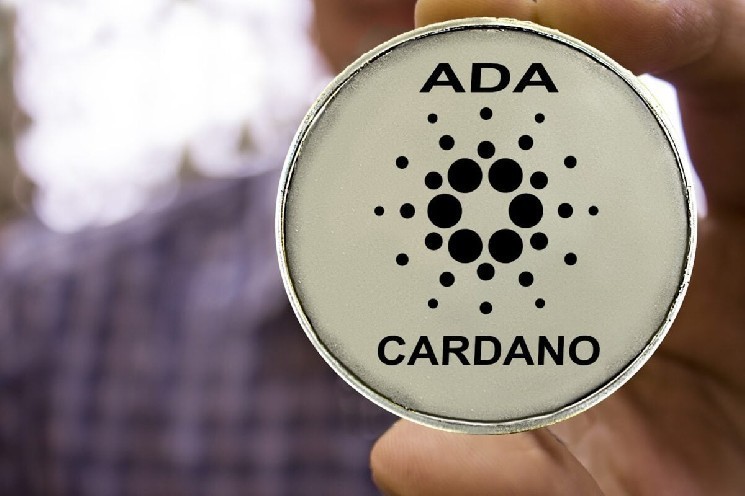- Cardano aims to use the EU's Digital Product Passport (DPP) initiative's immutable ledger to enable tamper-proof product tracking, anti-counterfeiting, and ESG claim verification.
- In parallel with DPP’s efforts, the Foundation has launched a roadmap to expand the integration of stablecoin liquidity, DeFi, and real world assets (RWA).
The Cardano Foundation today announced plans to contribute to the rollout of the European Union's Digital Product Passport (DPP). Mandated by the EU, DPP is a digital record that tracks important information about a product's entire lifecycle. This includes durability, sustainability, and repairability. The Foundation noted that its role is to provide public infrastructure for the use of verifiable products.
Cardano Foundation’s role in the digital product passport
The Cardano Foundation positions the Cardano blockchain as a public infrastructure that supports compliance with the European Union's Digital Product Passport (DPP) regulation.
According to the foundation, Cardano's immutable and transparent ledger provides an ideal framework for capturing product data throughout its lifecycle. The Cardano blockchain serves as a public infrastructure for verifiable product journeys, providing continuity of record, immutable audit trails, and privacy protection confidence across all stages of a product's lifecycle. By leveraging unique digital identifiers, networks can:
- Verifiable provenance: Tamper-proof records of product creation and movement through the supply chain.
- Anti-counterfeiting: Secure and verifiable records to stop counterfeit products from circulating.
- Verification of ESG claims: A reliable audit trail to substantiate your environmental, social and governance (ESG) claims.
As the Cardano blockchain moves ever closer to full decentralization, it is becoming an ideal choice for immutable identity verification. The team is already working on Veridian, a native digital identity platform designed to enable secure, verifiable, and user-controlled digital identity. The initiative aims to establish a unified blockchain-based identity framework for managing both personal and corporate credentials.
In the latest development, Cardano founder Charles Hoskinson outlined the next stages of blockchain development. He noted that as the network moves into the “Omega” stage, its governance model will evolve into a self-improving system, as stated in the CNF report.
Bringing ADA liquidity to DeFi, RWA, and more
Last month, the Cardano Foundation released a roadmap outlining the next stages of blockchain adoption, with a focus on expanding stablecoin liquidity, decentralized finance (DeFi), and the integration of real-world assets (RWA). Cardano founder Charles Hoskinson said the initiative is a strong start and stressed that additional measures are needed to sustain long-term growth.
As part of the plan, the Foundation announced an eight-figure allocation in ADA to support liquidity for Cardano-based stablecoin projects. This funding will be raised from the newly established Stablecoin DeFi liquidity budget, aimed at accelerating the growth and resiliency of DeFi activities on the Cardano network.
ADA price has shown great strength in the recent broad rally in the crypto market. Following last week's crypto market crash, ADA has soared more than 10% and is currently trading at $0.7055, sending its market cap soaring past $25.28 billion.

